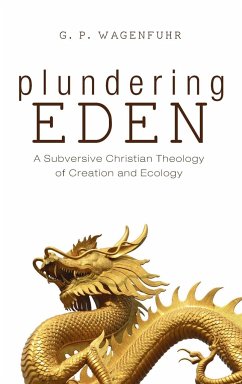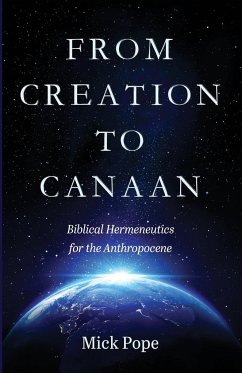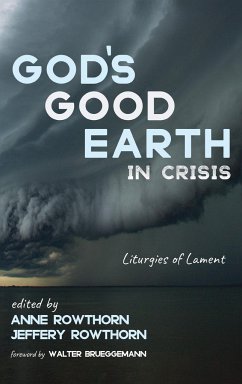
Plundering Eden
Versandkostenfrei!
Versandfertig in 1-2 Wochen
23,99 €
inkl. MwSt.
Weitere Ausgaben:

PAYBACK Punkte
12 °P sammeln!
Christian ecotheology runs the risk of making God himself a resource for human exploitation as a means to species survival. The world of climate change, soil depletion, and mass species extinction reveals a frightening conclusion--humans act as cosmic parasites. The problem is not with the world--talk of climate change blames the symptoms displayed by the victim--but with human epistemology. Humans are systematically incapable of rightly perceiving reality, and so must socially construct reality. The end of this epistemological problem is necessary ecological devastation by the development of ...
Christian ecotheology runs the risk of making God himself a resource for human exploitation as a means to species survival. The world of climate change, soil depletion, and mass species extinction reveals a frightening conclusion--humans act as cosmic parasites. The problem is not with the world--talk of climate change blames the symptoms displayed by the victim--but with human epistemology. Humans are systematically incapable of rightly perceiving reality, and so must socially construct reality. The end of this epistemological problem is necessary ecological devastation by the development of civilization. In Plundering Eden, Wagenfuhr traces ecological problems to their root cause in the broken imagination, and argues that reconciliation with God the Creator through Jesus Christ is the only means to ecological healing through a renewed, kenotic imagination expressed in the creation of an alternate environment that reveals the kingdom of God--the ekklesia.














